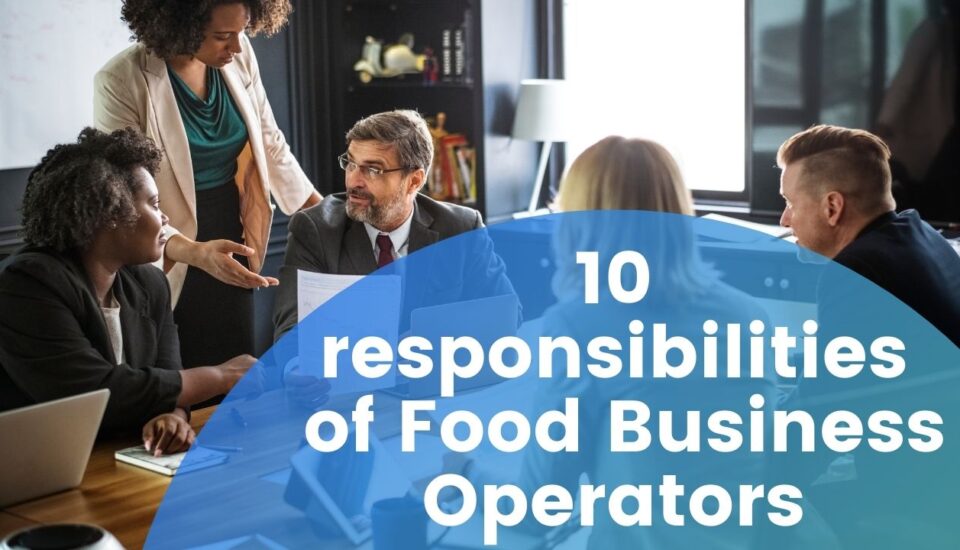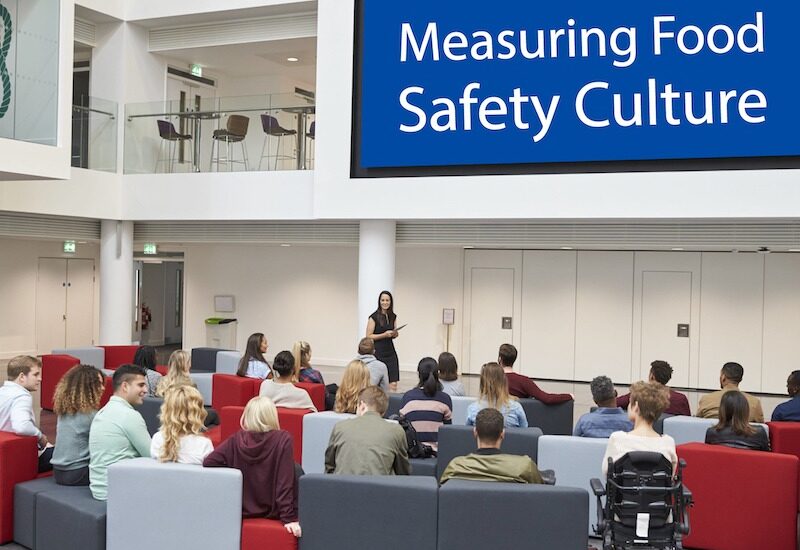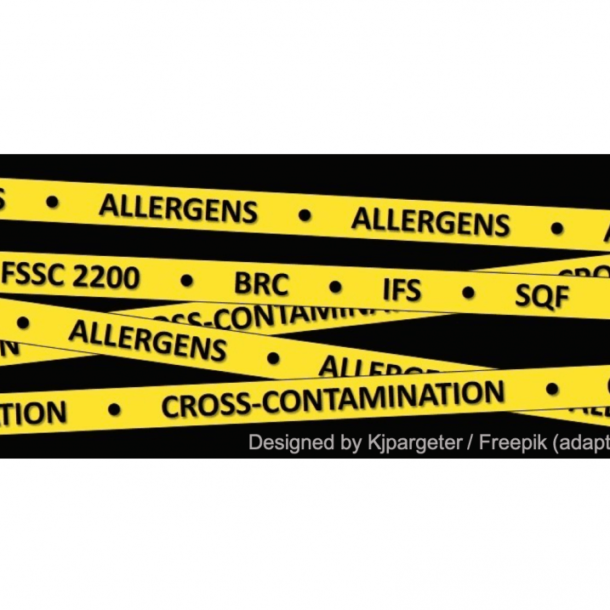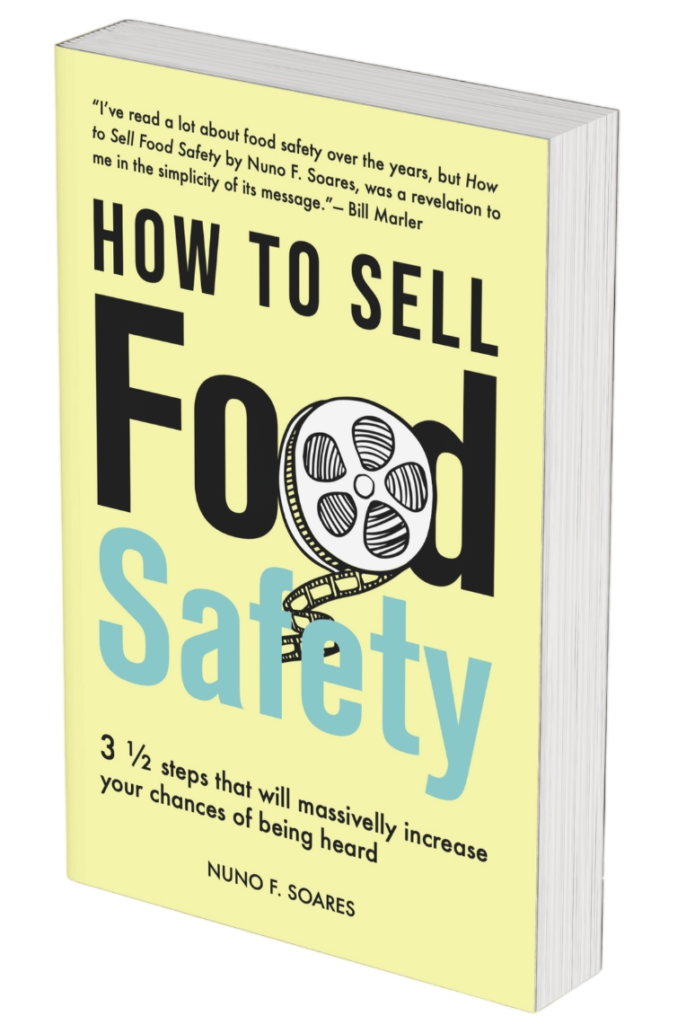
Brexit will definitely affect how food safety is managed in the commercial relations between UK and EU
29 March 2019 is (for now) the deadline for the United Kingdom (UK) leave European Union (EU). Few is known about how this process will develop and even less about how it will evolve after that historic date. But one thing is sure, it will definitely affect how food safety is managed in the commercial relations between UK and EU.
Brexit is a word used as shorthand way of saying the United Kingdom leaving the European Union – merging the words Britain and exit. A referendum was held on 23rd of June 2016 to decide whether the UK should leave or remain in the EU. More than 30 million people voted, and leave won by 51.9% to 48.1%.
Theresa May, the UK prime minister, triggered Article 50 of the Lisbon Treaty on 29th March 2017 (the plan created for any country that wishes to exit the EU). This process gives two years for the UK and the remaining 27 countries of the EU to negotiate and reach an agreement. EU law still stands in the UK until it officially ceases to be a member. The UK will continue to abide by all EU treaties and laws, but not take part in any decision-making.
A scheme of the anticipated steps that will be taken during this two year period was developed and will be sent together with the full article in a PDF to all that show interest on the comments box.
Although the scheme incorporates the most probable steps no one really knows how the Brexit process will work and how long it will take, as Article 50 has never been used before. It will surely be an extensive negotiation process covering thousands of different subjects including treaties and agreements from the past 44 years. In the meantime, the government will continue to need to protect the UK population against unsafe food. This means replicating the work carried out by the European Food Safety Authority in order to build new standards or to continue with the current EU legislation.
In the most likely scenario, the Government will enact a Great Repeal Bill which will end the primacy of EU law in the UK. The Great Repeal Bill is expected to incorporate all EU legislation into UK law in one piece, after which the government will decide over an extended a period of time which parts to keep, change or remove. Enacting law with new standards would result in a dual-regulation system, as any UK company wanting to export to the EU or vice-versa would have to comply with both legislations. Moreover, this may cause inconvenient extra cost not only for UK and EU based companies but also to any other used to complying with one single standard when exporting to EU.
After Brexit any change in EU or UK legislation will enforce companies to guarantee that they still comply before doing any business.
Let’s take the example of Microbiological Criteria or Food Contamination Regulation. EU Regulations apply immediately to all EU members and therefore companies do not have to take any precaution when doing business with other EU states. After Brexit any change in EU or UK legislation will enforce companies to guarantee that they still comply before doing any business.
More costs could be anticipated in a scenario of import/export fees reintroduction and due to delays at the border (particularly important in short shelf-life perishable food products). All this potential increase in costs will presumably have a greater impact on the UK food and beverage market since the EU is their biggest export market.
In the end, UK and EU companies should prepare their businesses for times of uncertainty and come together with their business partners in the other market to analyse how this process can impact in any business agreements established prior to Brexit.
A member of the Veterinary Public Health Association (VPHA) has shared his opinion regarding Brexit and Food Safety, as below:
1) Brexit, in a general way represents a risk and an opportunity for all areas. In the Food Industry what do you think would be the most relevant?
This is an opportunity for the industry to promote the high standards in the UK both on farm and manufacturers. Approached well the UK industry has the opportunity to expand export opportunities. The risk is that tariffs are put in place so affecting the competitiveness of the UK.
2) Will the new legislation to replace the European legislation be ready before Brexit implementation or will it be gradually introduced after Brexit?
It is my understanding that initially the intention is to carry over EU legislation unless there is a pressing need for change. That would also allow the UK to continue to meet EU standards. One concern for me is that there have been suggestions for considering a two tier regulation process within the food industry with a UK only and export tier. This would be detrimental to UK export opportunities in my opinion.
3) What would be your advice to all Food Industry companies (UK and EU) to prepare for Brexit?
Look at the potential export markets, do your research and identify what products you can sell successfully with a profit margin. Do not try to sell at all costs that is not sustainable. Long term the value of the pound will have a huge impact on trade and profit margins and the UK Government will need to ensure as much stability in values as possible. As third world country economies improve there will be opportunities in the Far East in particular.






